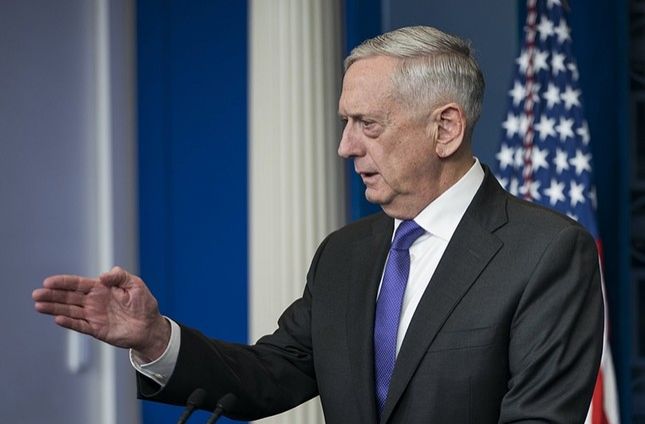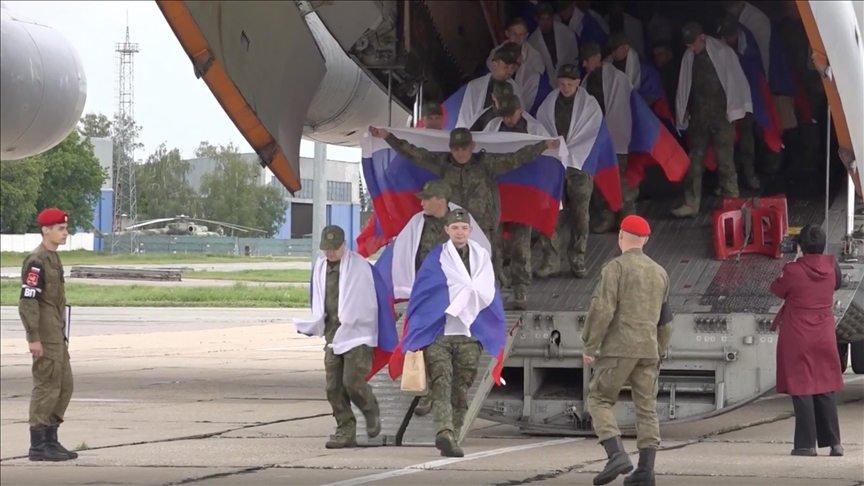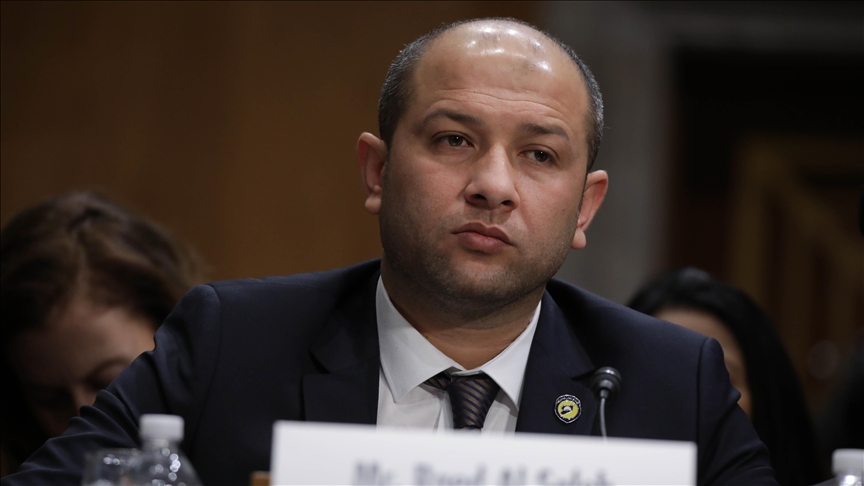Officials from the Turkish and the U.S. military have started conducting daily meetings, with U.S. Defense Secretary James Mattis reportedly on his way to Brussels Sunday where he is scheduled to meet his Turkish counterpart Nurettin Canikli amid Turkish operations in Afrin against the U.S. partner force YPG.
Mattis said the U.S. was assisting Turkey "in terms of missile defense and counterterrorism" and acknowledged the areas of disagreement on how to take down Daesh as rapidly as possible.
"But they have a legitimate security concern, and we do not dismiss one bit of that, along their border with Syria," he said. The U.S. partner force on the ground, People's Protection Units, or known as YPG, is the Syrian extension of the PKK, a U.S. designated terror group.
Tensions have been running high since Turkey started Operation Olive Branch in Syria's northwestern district of Afrin to remove YPG presence from there. Initially, the U.S. criticism was muted, but that changed later on due to an increasing flow of YPG-led Syrian Democratic Forces militants who traveled to Afrin to fight the Turkish military and Turkish threats over the Syrian town of Manbij where U.S. Special Forces presence has been observed.
Some American officials told the U.S. media that hundreds of them had already left the fight against Daesh and focused on the Turkish military, raising concerns about the sustainability of the forces.
"In some cases, some of the troops have drawn off there. Not a significant number right now," Mattis confirmed that the fight in Afrin was drawing off some of the SDF which largely consists of the YPG.
To calm Turkish threats over Manbij, the US National Security Advisor Gen. H.R. McMaster visited Turkey on Sunday for the first time since the Trump administration moved into the office. The U.S. Secretary of State Rex Tillerson is also scheduled to visit Turkey later this week, and is expected to face angry Turkish officials, according to the senior U.S. officials who briefed media last Friday.










